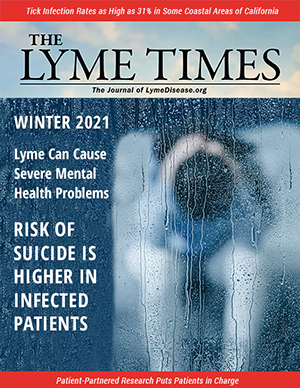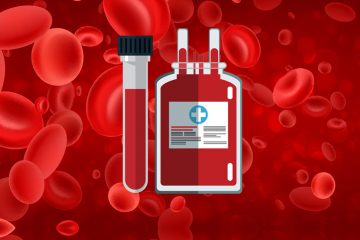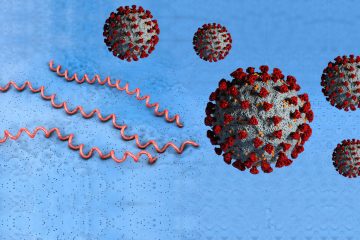I n a new study, researchers from the Johns Hopkins School of Medicine have found evidence of chemical changes and widespread inflammation in the brains of patients with chronic symptoms following treatment for Lyme disease.

This Johns Hopkins (JH) study, published in Journal of Neuroinflammation, supports the experience of hundreds of thousands of patients who have tried for years to have their chronic symptoms of pain, sleep disturbance, fatigue, and cognitive impairment validated.
“What this study does is provide evidence that the brain fog in patients with post-treatment Lyme disease syndrome has a physiological basis and isn’t just psychosomatic or related to depression or anxiety,” says John Aucott, M.D., a senior author of the new paper and director of the Johns Hopkins Lyme Disease Research Center.
The fact is, too many patients with Lyme disease are left with chronic, debilitating symptoms following treatment for Lyme disease. In the nearly 40 years since the discovery of Lyme, no one has been able to determine why some patients get better with treatment and others remain ill.
The Study Participants
Thirty-one participants in the JH study were divided into two groups. One group consisted of 19 healthy controls, and the other had 12 patients with persistent symptoms lasting six months or more following “appropriate” treatment for Lyme disease. The study also refers to this group as having post-treatment Lyme disease syndrome (PTLDS).
The term PTLDS is controversial.* On the one hand, it’s a term that specifically defines a group of patients for research purposes—people who were diagnosed early in the disease process, received a short course of treatment, and continued to have symptoms after treatment……Join or login below to continue reading.




























